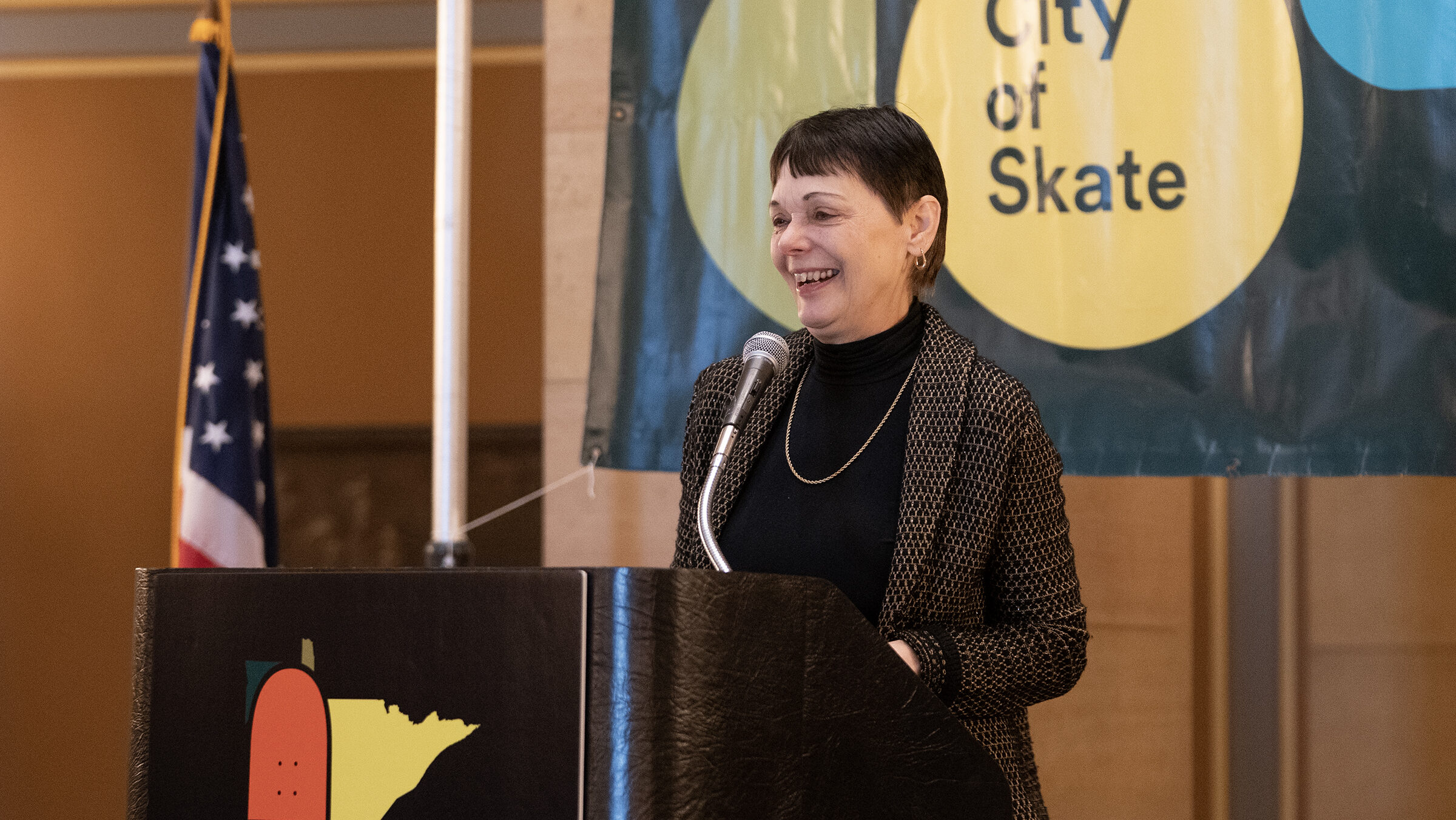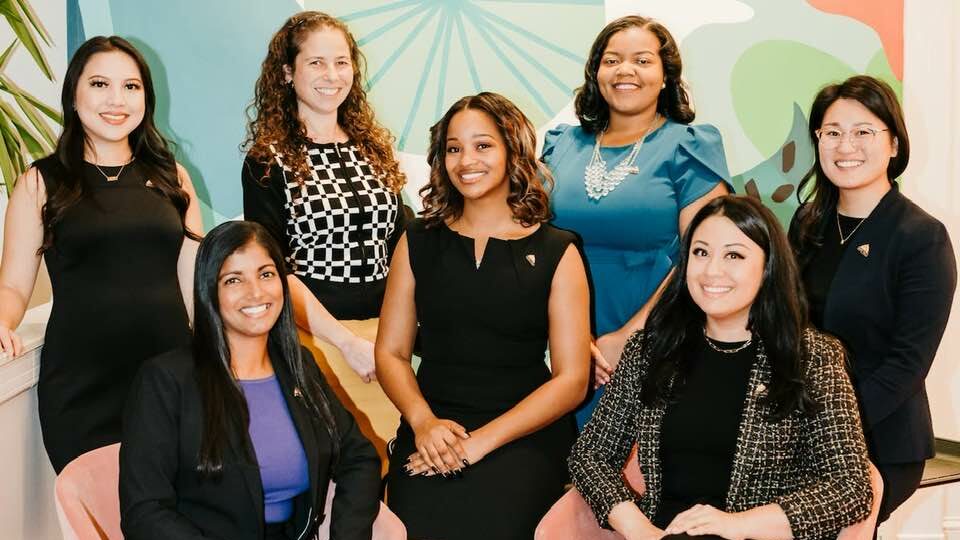Expanding CHIPS to protect our youth
District Perspectives
Senate District 65
Think of a 12-year-old child: A sixth or seventh grade student, taking their first steps toward independence, on the cusp of everything from puberty to their first Instagram account. What do you remember from that age? Did you always make the best choices: Wear your seatbelt, stay away from fireworks, say no to peer pressure? Personally, there are moments in my family I look back on that make me feel lucky to be here, happy and healthy — my brother once thought it would be fun to play with matches under his bed, for example. But not every child has the guidance, support and maturity to make choices that keep them and their community safe.
Our legal system has long been clear that children should be treated differently than adults in criminal cases. We acknowledge that by considering crimes committed by people under 18 in juvenile court, with a set of standards that acknowledges their life experiences and family circumstances. And for children who are very young, we don’t treat them as defendants at all: We provide them with supportive and protective services and, if appropriate, provide their families with support, too.
I’m proud to be the chief author of a bill that would direct more children who break the law toward services that will help them back on the right path, rather than funneling them into the juvenile court system. The bill, SF 3694, would raise the age at which children receive protection or services (CHIPS), rather than sentencing in juvenile court, from 9 to 12.
Our growing knowledge of brain development shows just how significant a few years can be to a child’s decision making abilities. It’s easy to understand how radical the change can be when you’re measuring a five-year-old against a seven-year-old, in everything from reading to physical coordination. It’s a more subtle thing when the change is that your 13-year-old knows how to cook mac and cheese safely, but your 10-year-old would leave a wooden spoon on a hot burner without adult supervision. It’s that gap in reasoning and ability to understand consequences that may push a troubled kid toward a decision to break curfew, pocket a pack of gum at the corner store, or let angry words turn into a punch during an argument.
SF 3694 would shift our state’s juvenile criminal response toward an approach that prioritizes rehabilitation and recovery over punishment for children who, by and large, are not developmentally competent to stand trial in juvenile court. When we prosecute children as young as 11 or 12, they risk entering a juvenile justice system that may miss crucial opportunities for rehabilitation. Research shows that spending any amount of time in the juvenile delinquency system puts a child on a path toward more negative outcomes, from their
academic performance and physical to health to their social and emotional development; while supportive services can help reverse a downward trajectory.
Young people go through a staggering amount of growth and maturation every year until their mid-20s, and our courts should hold a 15-year-old to a very different standard than an 11-year-old. Kids under 13 are at a fundamentally different stage of brain development than older teens, and they deserve the support and services necessary to put them back on track for success if they make a mistake that breaks the law.
By raising the CHIPS age from 9 to 12, this bill ensures that interventions reach more young people at key developmental stages and provides them and their families with supportive services. It acknowledges fundamental differences in how children of different ages arrive at the point of breaking our laws, and it prioritizes effective rehabilitation over punishment in order to decrease recidivism and promote long-term well-being and safety, for kids and for their communities.




